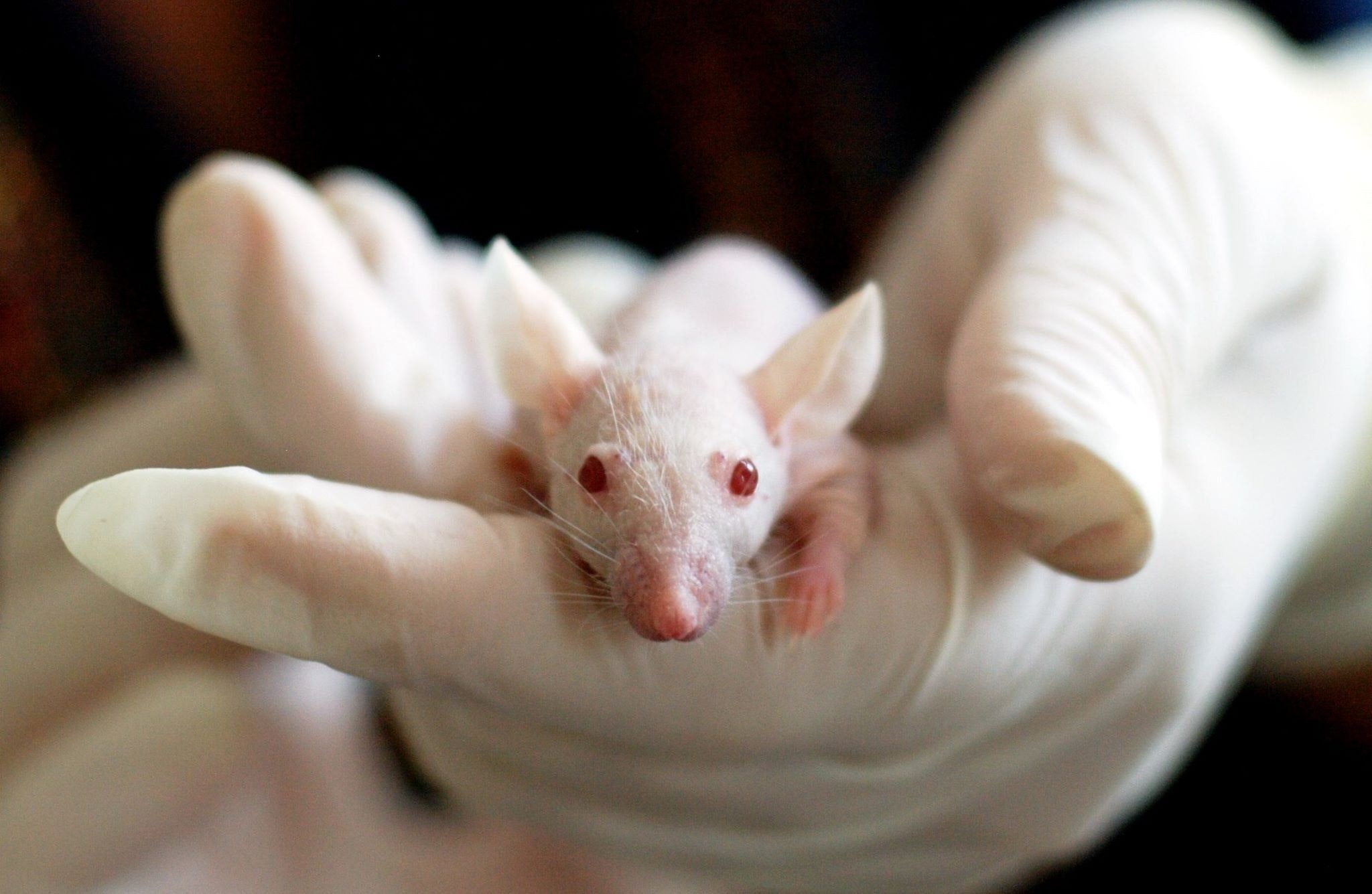Reaction: air pollution and stress during pregnancy cause autism-like behaviour in male mice
A study published in Cell Reports shows that air pollution and stress during pregnancy disrupt the brain wiring of developing male and not female mice, causing autism-like social behavior in them.

Víctor Briz - ratones autismo contaminación EN
Víctor Briz
Senior Scientist at the Carlos III Health Institute, in the area of Environmental Toxicology of the National Center for Environmental Health
Neurodevelopmental disorders, such as autism and intellectual disability, can be caused by multiple genetic and environmental factors. While their genetic causes have been extensively investigated in recent years, much less is known about the different environmental factors involved in these neurological disorders. In the study recently published in the journal Cell Reports, the authors use a mouse animal model to show that the combination of stress and exposure to particles derived from diesel fuel during pregnancy causes brain alterations in offspring that affect their behavior and communication social, similar to what occurs in autism spectrum disorders. These effects are seen specifically in male mice but not in females, which would be consistent with the fact that male prevalence of autism is higher than female.
The authors convincingly show using numerous biochemical, neurophysiological, and behavioral techniques and tools that the combination of these two environmental factors produces alterations in the maternal immune system that appear to be responsible for abnormalities in the function of a specific region of the cerebral cortex ( anterior cingulate cortex) and in the social behavior of the offspring. Although it was already known that the activation of the maternal immune system (due, for example, to viral infections) during pregnancy is a risk factor for autism, the novelty of this study lies in establishing that other environmental factors (as in this case stress and exposure to air pollution) use the same mechanism to cause changes in the brain similar to those seen in autism. This mechanism involves specific cells of the brain's immune system called microglia, whose operation is necessary for the correct establishment of neuronal connections (or synapses) during the development of the central nervous system, which is affected both in animal models of autism and after exposure to these environmental factors.
By pharmacologically blocking the function of microglia in the anterior cingulate cortex of healthy mice during the critical period of brain development, the authors were able to reproduce deficits in social behavior seen in other animal models of autism. Although this work does not establish a causal relationship between exposure to these environmental factors, the aforementioned microglia alterations and the development of social behaviors related to autism spectrum disorder, the set of evidence shown allows us to establish a very probable association between these factors. , and represents an important advance in the understanding of the molecular bases of neurodevelopmental disorders and their relationship with certain environmental factors such as maternal stress and environmental pollution.
In my opinion, the greatest limitation of the study is that it does not allow us to establish how these two factors contribute separately to the observed effects; that is, it would be interesting to know if stress and contaminant particles produce effects independently or if effects are only observed when both are combined.
Block et al.
- Artículo de investigación
- Revisado por pares
- Estudio experimental
- Animales
